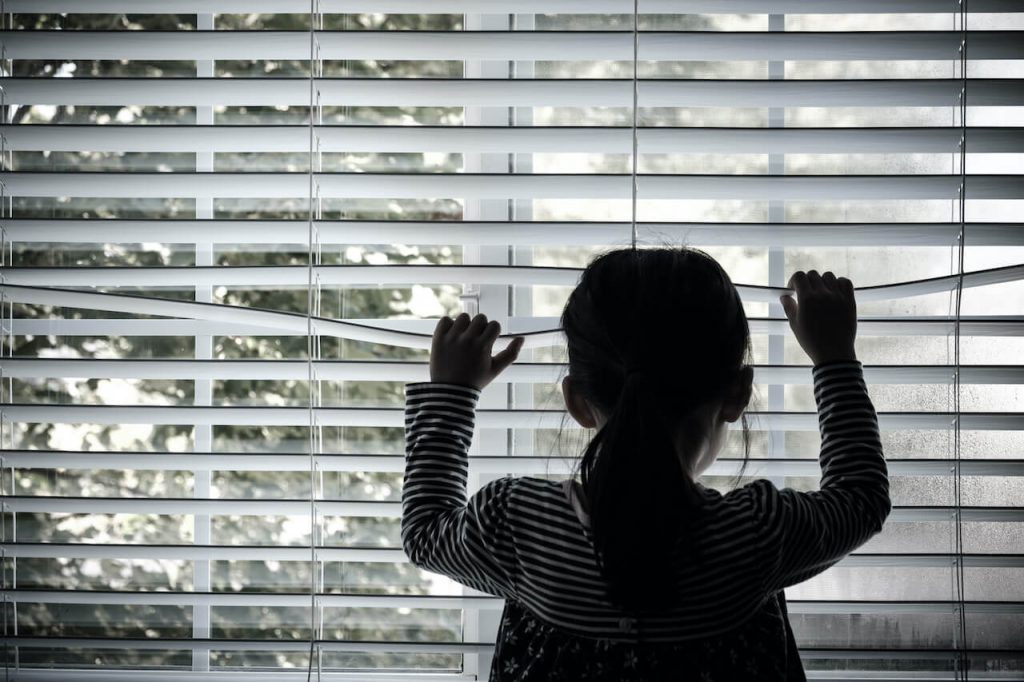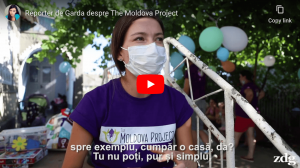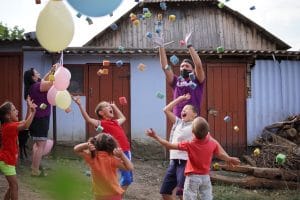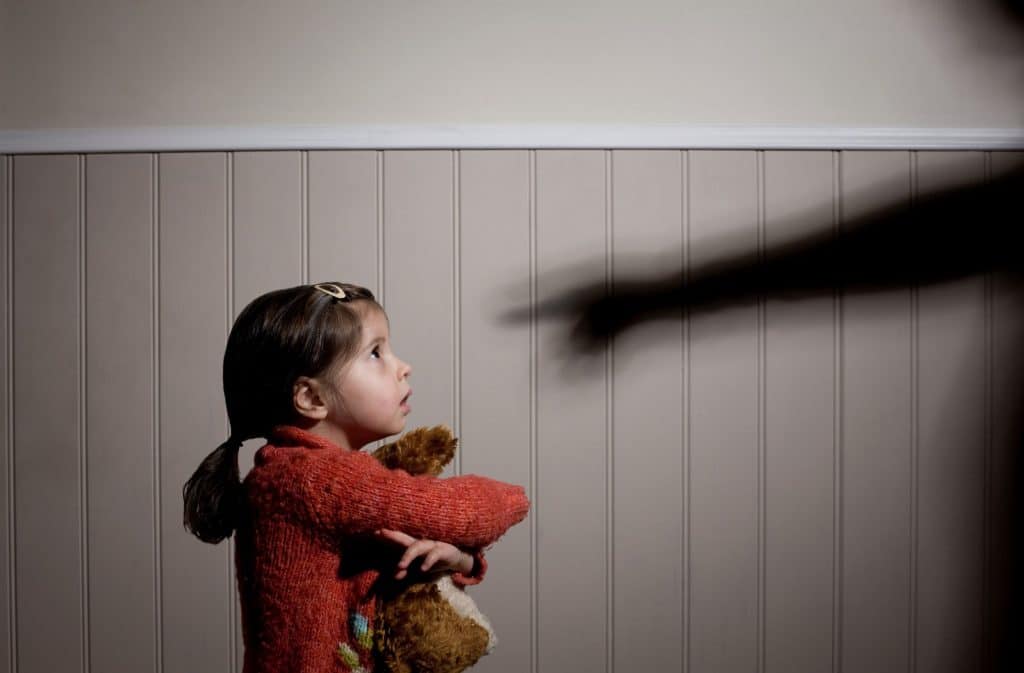
Prolonged periods of quarantine or self-isolation of families with a history of domestic violence poses, unfortunately, a serious danger to the wellbeing of the most vulnerable members of the families, such as women and children. Especially children can now become the main target of their parents’ frustration and anger, so if anyone hears through the wall of their house repeated crying, screaming, rumbling and other signs of potential abuse , ACTION should be taken by calling 911.
Abuse is unique in the way it damages people because it literally wounds the soul. Every year over 2.9 million cases of child abuse (victims of physical, sexual, verbal and emotional abuse, neglect, abandonment, and death) are reported every year in the United States (www.dosomething.org) and approximately 5 children die every day because of child abuse. In Romania 2 children are abused every hour (digi24.ro).
What is child maltreatment?
It is an adult’s action or failure to take action that results in the physical abuse, sexual abuse, emotional abuse, neglect and medical neglect of a child or presents a risk to seriously harm a child.
Signs that you or someone you know may be experiencing physical abuse:
- Bruises and welts
- Scrapes and cuts
- Burn marks
- Head trauma
- Weakened brain development
- Sprains or broken bones
- Difficulty walking or sitting
- Torn, stained, or bloody clothing
- Pain or itching in the genital area
- Bruises or bleeding in and around the genital area
- Sexually transmitted diseases
- Inappropriate dress
- Poor hygiene
- Poor physical health
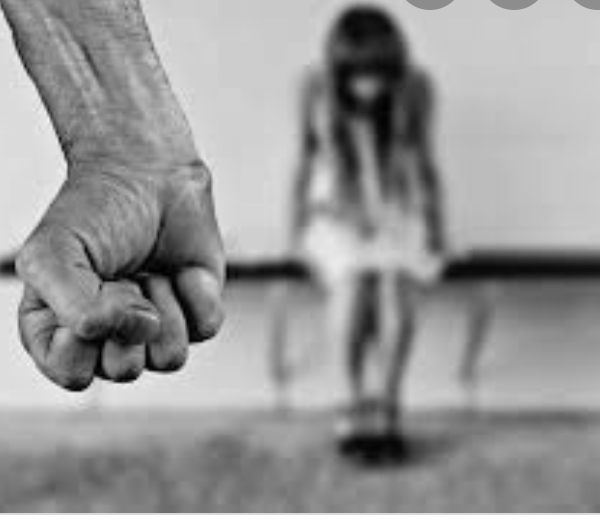
Why child abuse happens
There are many reasons and factors that make adults maltreat children. Parents can be totally unaware of the magnitude of force they use while striking a child. Another reason is the lack of knowledge about alternative positive discipline methods resulting in frequent use of inappropriate and harsh discipline such as physical punishment. Contributing factors of child abuse include:
- The parent was abused as a child and is continuing the cycle
- Lack of parenting skills
- Unrealistic expectations about children’s behavior and capabilities
- Difficulty to control and manage anger feelings and stress
- Frequent family crises
- Drug or alcohol abuse
Parents want the best for their children and don’t want to hurt them. But some end up maltreating their children out of frustration due to a lack of knowledge about what children are capable of doing and understanding at different ages; also some lack skills and strategies to discipline and respond to the children’s difficult behaviours in age appropriate ways.
Physical Health Consequences
Some long-term physical effects of abuse or neglect may occur immediately (e.g., brain damage caused by head trauma), but others can take months or years to emerge or be detectable. There is a straightforward link between physical abuse and physical health, but it is also important to recognize that maltreatment of any type can cause long-term physical consequences. Childhood maltreatment has been linked to higher risk for a wide range of long-term and/or future health problems, including—but not limited to—the following):
- Diabetes
- Lung disease
- Malnutrition
- Vision problems
- Functional limitations (i.e., being limited in activities)
- Heart attack
- Arthritis
- Back problems
- High blood pressure
- Brain damage
- Migraine headaches
- Chronic bronchitis/emphysema/chronic obstructive pulmonary disease
- Cancer
- Stroke
- Chronic fatigue syndrome
- Hepatitis C and HIV
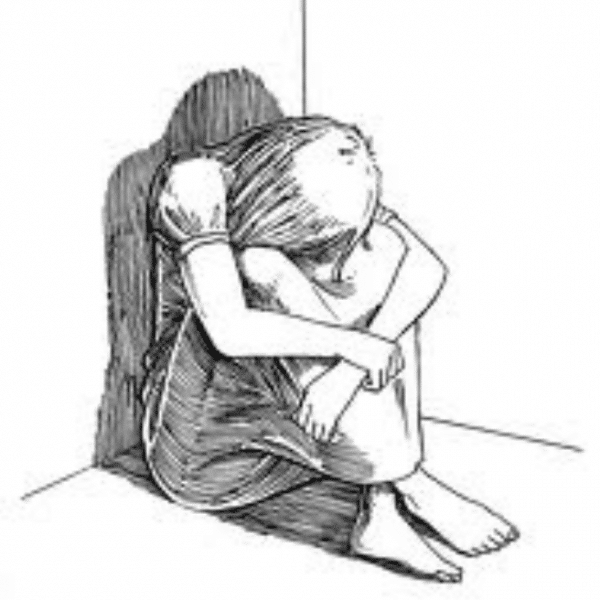
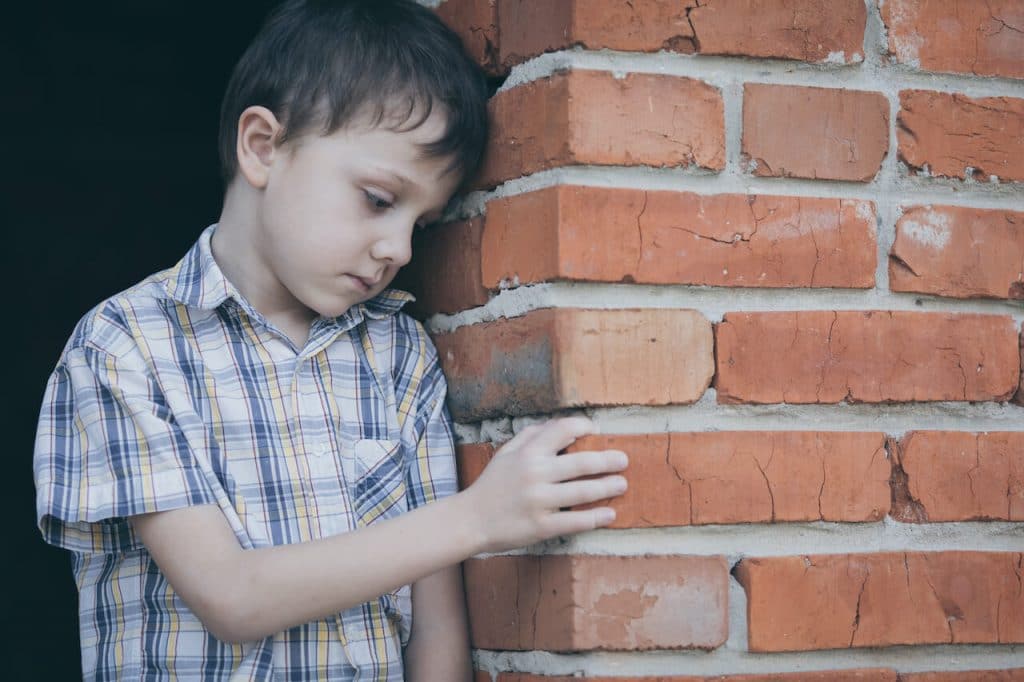
Emotional abuse is one of the most common and harmful forms of child maltreatment and can have a lifelong impact affecting children’s ability to feel safe and loved, the way they relate to others, and their self-esteem. It includes:
- Name calling
- Making fun of a child
- Always finding fault
- Using harsh words to criticise behaviours
- Using fear to control behavior
Psychological Consequences
Child abuse and neglect can cause a variety of psychological problems, some of them might even be irreversible. Maltreatment can cause victims to feel isolation, fear, and distrust, which can translate into lifelong psychological consequences that can manifest as educational difficulties, low self-esteem, depression, and trouble forming and maintaining relationships. Researchers have identified links between child abuse and neglect and the following psychological outcomes.
- Diminished executive functioning and cognitive skills.
Disrupted brain development as a result of maltreatment can cause impairments to the brain’s executive functions: working memory, self-control, and cognitive flexibility (i.e., the ability to look at things and situations from different perspectives). Children who were maltreated also are at risk for other cognitive problems, including difficulties learning, playing and paying attention.
- Poor mental and emotional health.
Experiencing childhood maltreatment is a risk factor for depression, anxiety, and other psychiatric disorders throughout adulthood. Studies have found that adults with a history of ACEs had a higher prevalence of suicide attempts then those who did not. Further, adults with major depression who experienced abuse as children had poorer response outcomes to antidepressant treatment, especially if the maltreatment occurred when they were aged 7 or younger.
- Post Traumatic stress.
Children who experienced abuse or neglect can develop post-traumatic stress disorder (PTSD), which is characterised by symptoms such as persistent re-experiencing of the traumatic events related to the abuse; avoiding people, places, and events that are associated with their maltreatment; feeling fear, horror, anger, guilt, or shame; startling easily; and exhibiting hyper-vigilance, irritability, or other changes in mood. PTSD in children can lead to depression, suicidal behavior, substance use, and oppositional or defiant behaviors well into adulthood, which can affect their ability to succeed in school, and create and nurture important relationships.
It is estimated that two million Americans self-mutilate, and a high percentage do so because of unresolved childhood trauma, particularly sexual abuse.
Additionally, children who experience abuse or neglect are more likely to develop antisocial traits as they grow up, which can lead to criminal behavior in adulthood
What are some behavioral effects of child abuse and neglect?
- Self-harm
- Eating disorders
- Alcohol and drug use
- Trouble sleeping
- Uncomfortable with physical contact with others
- Repeating school grades
- Absent from school often
- Criminal activity
- It is estimated that one-third of abused children will become abusive parents.
Prevention of Child Maltreatment
Decades of research have shown that effective parenting is the most powerful way to prevent behavior problems in the adolescence years. We also know that the early years are a critical period in a child’s life when children learn basic interpersonal skills, problem-solving, and self-control. It is a good time for families to learn how to teach children positive behavior and the skills needed to get along with others. Teach children to control and express anger and to resolve conflicts in non violent ways. Children learn by imitation and observation and one of the primary ways of teaching young children is for adults to teach by example. Thus, adults need to learn how to control and express their own anger in nonviolent ways so their actions show young children how to behave.
Parents who maltreat their children may need help from an outside source, such as a parenting education program, a psychologist or some other type of mental health counselor or maybe a member of the church.
If you are concerned that your child or another child is showing signs of abuse, seek immediate help. Depending on the situation, contact the police department, doctor, or a national child abuse helpline in your country.
